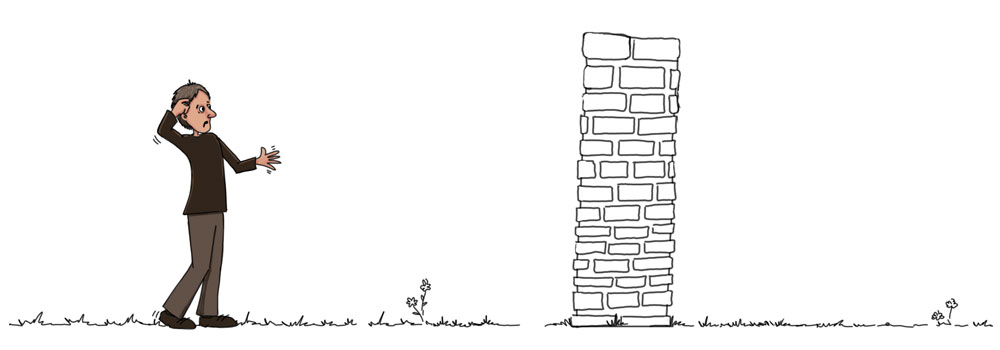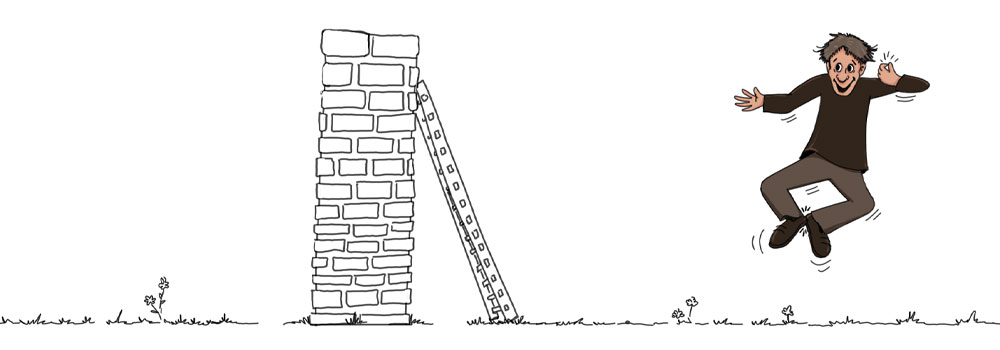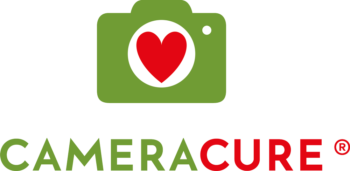Task 19 – Protect your freedom
Task 19
Protect your freedom

Lefkada, Greece, 2011. Photo: Torkil Færø
Problem
Having gotten used to being bound
In hunter/gatherer cultures, freedom plays a central role. The people there direct their own everyday lives. No day is exactly like the next one. Children play without obligations, until they reach adolescence and have to serve the tribe. Through their free play they develop individual, self-motivated skills that give the tribe the flexibility it needs so it can survive.
It isn’t that way anymore in our culture. From the time children are six, they have to enter a system in which their freedom has the lowest priority. Other people set the agenda and the educational goals for them. What the children themselves are interested in matters very little. The belief that children can learn on their own is non-existent. When people are forced to do something, they will normally do as little as they can get away with. The hunter/gatherers knew this and trusted the inborn learning instincts of their children: curiosity, play and the willingness to interact. In the Norwegian schools, there is little room for this, and those children who have strong learning instincts get diagnoses. The lack of freedom kills their motivation and resilience. According to research, one in three children feel that life at school is only a struggle.
The feeling of being free is low throughout the course of schooling and it continues when you finish and have a mortgage and a student loan to pay. In addition, many people get a job where they have little influence on the tasks that they do. Surveys have found that two thirds of the workforce are unengaged in their jobs.
When we don’t experience freedom, we don’t feel well. We were not made for being stuck in systems in this way. The most ill amongst the people I meet as a doctor are those that have the least amount of influence and control over their work situations. Those who can control their own workday are healthier, even if they are often working more.
What degree of freedom do you have in your work and free time?
How relevant is this issue for you on a scale of 1 to 6?:

Solution
Freedom to learn
During our workshops we attach great importance on the hunter/gatherer culture’s approach towards learning. Participants can photograph what they want, where they want to and when. They return with pictures and we enjoy looking at them and we evaluate them together. Every voice is just as important. Through using their curiosity and playfulness freely, they discover completely different things than if we had made them work with mandatory subjects. As supervisors it is just as important not to stand in their way as it is to show them the way. The freedom we feel when we can take pictures of exactly what we want is a part of the healthy aspects of photography. If we are stuck in our jobs, we can at least experience freedom with our cameras. And maybe it will give us the feeling of freedom to enable us to tolerate what we meet every day.
What is freedom for you? When do you feel free?
Photo assignment:
Photograph something that symbolizes freedom for you!
On a scale of 1 to 6, how useful was this task for you?:
BOOK SUGGESTION: Be Free Where You Are by Thich Nhat Hanh

❞ Everything can be taken from a man but the last of the human freedoms – to choose one’s attitude in any given set of circum stances, to choose one’s own way.
Victor Frankl
❞No borders, just horizons – only freedom.
Amelia Earhart
❞Borders? I have never seen one. But I have heard they exist in the minds of some people.
Thor Heyerdahl
❞One of the strongest signs of being in the zone is a sense of freedom and of authenticity.
Ken Robinson
[note_editor]

